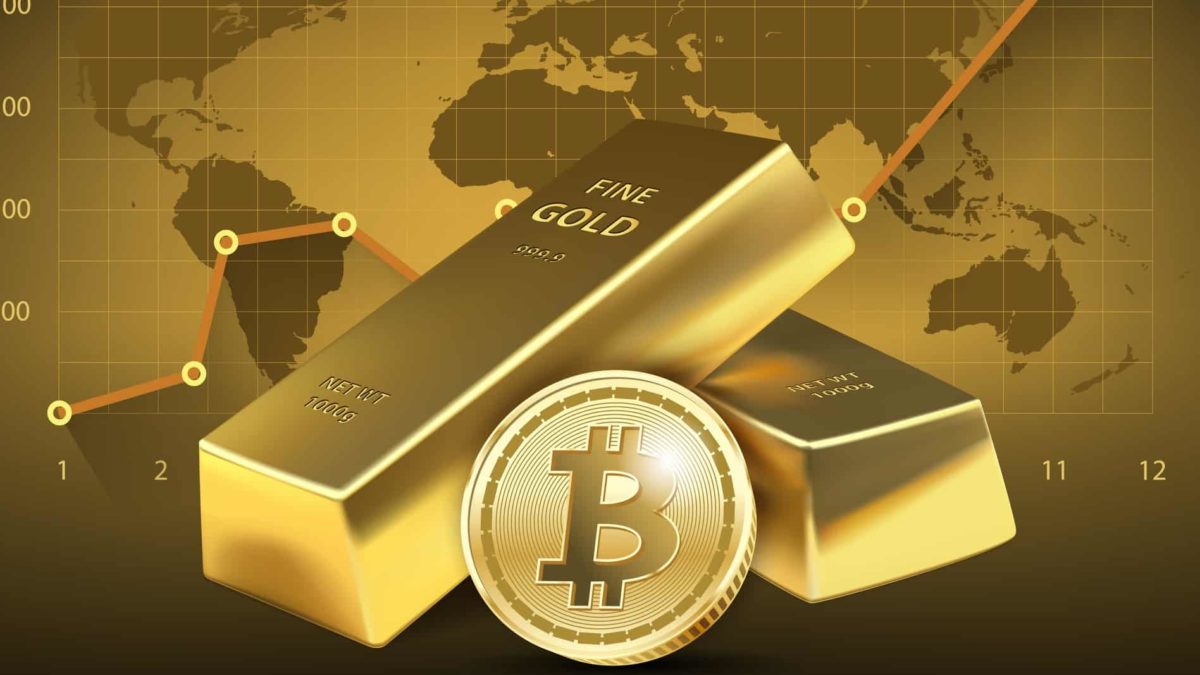The cryptocurrency Bitcoin (CRYPTO: BTC) has had an interesting week, to say the least. After 3 months of trading sideways at around US$55,000 a coin (with some of that trademark volatility in between of course), the Bitcoin price plummeted this week. On Thursday morning, the cryptocurrency fell as hard as 15% to as low as US$46,600 in just the course of a few hours. The price has recovered somewhat since but is still out of that range that it occupied for so long.
The catalyst for this drop? Elon Musk, of course. The Tesla Inc (NASDAQ: TSLA) boss came out and said that Tesla wouldn't be buying any more Bitcoin. It will no longer accept it as a form of payment from buyers of its products either. Musk cited the massive energy required for mining Bitcoin, especially that generated from fossil fuels, as the reason behind this surprising move. Musk had previously been an advocate for Bitcoin. At least before he discovered Dogecoin (CRYPTO: DOGE) in his social media outings. Tesla still owns more than US$1 billion worth of the currency, which Musk has committed not to sell.
This latest chapter in the Bitcoin story is a timely reminder of the cryptocurrency's utility. Or in this case, lack of it. And it also highlights the difference between Bitcoin and gold, which are often compared against one another.
Gold vs Bitcoin
Bitcoin is often called 'digital gold', the millennial's answer to the traditional gold bug. It's described as such because the cryptocurrency shares many of the attributes of gold, and thus attracts a similar class of investors. It's scarce for once. With a finite supply of 21 million coins, Bitcoin is often touted as 'inflation-proof'. The same logic is sometimes used for gold. the yellow metal has often (although not always) been a historically effective asset in inflationary periods as well. And since gold is globally priced and valued in a similar manner around the world, it has some of the same cross-border, globalist appeals that Bitcoin does as well.
During the heydays of bitcoin's climb, many investors were predicting that Bitcoin would even replace gold for that traditional 'hedge' role it plays in some investors; portfolios.
But this week has thrown some of the weaknesses of this argument into the light. For one, can you imagine a scenario where one man could release a statement of ethical opinion about gold that could cause it to lose 15% in a matter of a few hours? I doubt it.
The gold price is no stranger to volatility either, although not nearly as much as Bitcoin. But over the past 2 months or so, gold has climbed a respectable 6% or so. Bitcoin has fallen close to 5% over the same period. These two assets may be rivals in many ways. But over recent months, gold seems to be giving its investors more joy than Bitcoin's fans.







